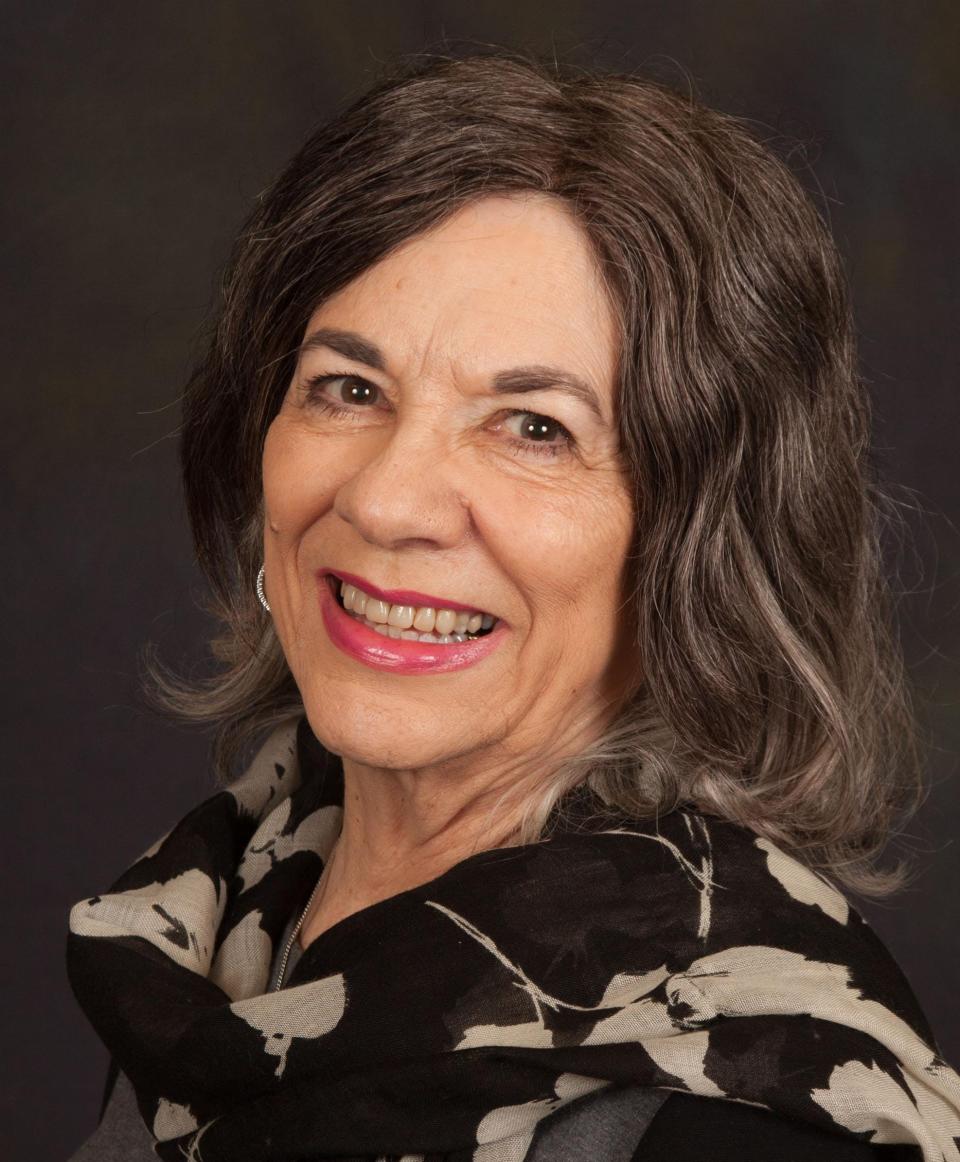Pratt: It is possible to counteract harm
Confession: I love watching television shows such as “Wild Child” on Saturday mornings. Directed at children, the emphasis is on the “family” of animal life around the world.

Yes, it is repetitive, an important part of the learning process in young children. Quite frankly, many parents could learn important lessons about how to rear their children by observing the natural process in the forests and even on farms that have livestock.
I'm sure I was too young to actually recall the time I tried to drink from the turkey flock watering pan, but my mother was so horrified when she looked out and saw me trying to stretch my neck up like the turkeys that it made an impression anyway.
Of course, later it became one of those family stories that don't quite go away. I recall that my dad said turkeys could drown if they were outside in the rain because they would put their heads back and the water would run into their nose.
Is that true or was he just teasing me while we were out looking for the flock that had run away during the storm? I never did research it, but he wasn't usually a teaser.
Currently, I am rereading “The Boy Who Was Raised As A Dog” by child psychiatrist Dr. Bruce D. Perry with journalist Maia Szalavitz. This is an update of the book published in 1906, reissued in paperback in 2017.
lt begins with the story of his work with children who have undergone treatment for psychological trauma. He was called in to help with the children from the Branch Davidian compound in Waco when the government moved in to arrest David Koresh for firearms violations in April 1993.
Tragedy ensued, with 21 children first removed, but later another 23 children died in the attack on the compound.
The book is subtitled “What Traumatized Children Can Teach Us About Loss, Love, and Healing.”
Many of today's children – for example in the city of Chicago – literally live in what we rightly call a war zone. But even in our own small communities there is growing evidence that all is not well in the homes or schools where children once were considered protected.
It is a book worthy of reading again, especially in today's growing confrontational atmosphere wreaking havoc across the country. There is a sentence in my notes on this book that I did not put quote marks around, so I do not know if I quoted someone else or if it is a comment I made while reading the book, but it is worth pondering. My apologies if the good doctor or someone else said it.
“We are God-built to love one another. When that love is denied or disrupted, society literally falls apart.”
For all the good that our communications revolution has spurred around the world, it has also introduced much evil. Our children are confronted with issues and ideas that they are by nature neither equipped or expected to process without traumatic results in many respects.
We are undergoing a revolution of monstrous proportions – to borrow from science fiction, heading toward destruction at “warp” speed.
Healing is possible for traumatized children, Dr. Perry notes, “but the need for healing is likely outpacing the resources to protect our children from on-line trauma or other related forces.”
Mental health is at risk, but “strong relational health can help protect children from lasting damage,” Dr. Perry says, adding, “it is possible to counteract the harm that has occurred.”
Beth Pratt retired as religion editor from the Avalanche-Journal after 25 years. You can email her at beth.pratt@cheerful.com.
This article originally appeared on Lubbock Avalanche-Journal: Pratt: It is possible to counteract harm
